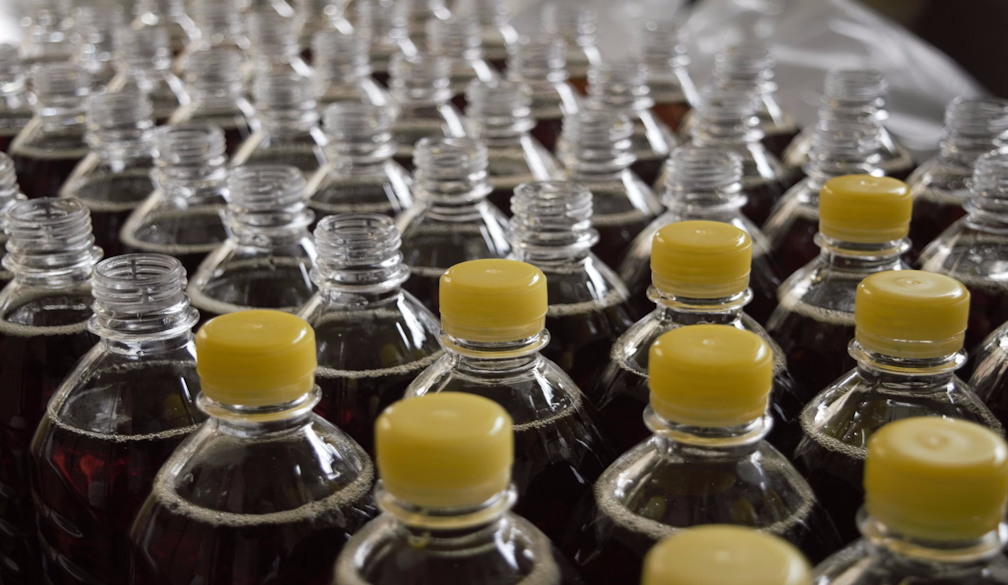Refillable Bottles and the Role of Reusable Caps in a Sustainable Packaging Future
- Written by Modern Australian

As industries across the globe strive to reduce environmental impact, refillable bottles and reusable caps are emerging as champions of sustainable packaging. From personal care products to household cleaners, the trend is rapidly gaining traction across multiple sectors. At the heart of this movement lies a powerful combination of environmental consciousness, consumer demand, and smart packaging innovation.
The Refillable Revolution: Why It Matters
Traditional single-use plastic packaging contributes significantly to landfill waste and ocean pollution. In contrast, refillable bottles offer a practical and scalable alternative. They’re designed to be reused multiple times, drastically reducing the need for constant re-manufacturing and disposal. This model not only slashes plastic consumption but also encourages consumers to make more mindful purchasing decisions. Brands benefit, too—offering refillable systems strengthens sustainability credentials and fosters customer loyalty in an increasingly eco-conscious market.
The Unsung Hero: Reusable Caps
While refillable bottles tend to get the spotlight, reusable caps are just as critical. A well-designed cap ensures the integrity and functionality of a product over many use cycles. Whether it's a flip-top, pump, or screw cap, reusability demands durability, precise sealing, and ease of cleaning.
Reusable caps must also withstand the mechanical demands of repeated filling and dispensing. This is especially true for liquid products, where leak prevention and hygiene are paramount. As a result, high-quality caps often feature enhanced materials and engineering to ensure longevity without compromising performance.
Industry Applications and Innovation
Reusable packaging systems are thriving across various industries:
- Beauty and Personal Care: Shampoos, conditioners, and lotions are increasingly offered in refill pouches or bulk dispensers.
- Food and Beverage: Water bottles, cold brew coffee containers, and kombucha growlers now commonly feature refillable models with robust caps.
- Cleaning Products: Many eco-brands sell concentrates in small sachets or bottles, which consumers mix with water in reusable spray bottles at home.
To keep up with demand and reduce costs, many businesses now rent liquid filling machines to streamline the bottling process for their refillable and reusable packaging systems. This flexible option allows companies to maintain production efficiency while avoiding the hefty investment in permanent machinery.
Consumer Education and Engagement
For refillable systems to succeed, educating consumers on proper use and cleaning is essential. Caps, in particular, require regular maintenance to avoid residue build-up or hygiene issues. Clear labelling, simple disassembly, and robust design features can help address these challenges and improve the user experience. Retailers and manufacturers also benefit by offering refill stations or subscription services that make refilling easy and accessible. By doing so, they not only support sustainability but also create long-term value for their customers.
Refillable bottles and reusable caps are more than just a trend—they represent a fundamental shift toward sustainable, circular packaging systems
As consumer expectations evolve and regulatory pressures increase, businesses that embrace this shift early will be better positioned for long-term success. By investing in smart design and efficient production, companies can meet both environmental and economic goals. And for consumers, every refill is a small but meaningful step toward a cleaner, greener future.


















